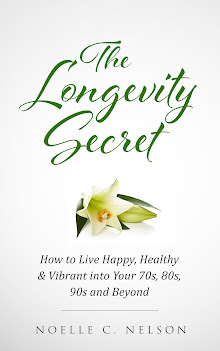Thanksgiving is almost here - that time of year when “get
your gratitude on!” is the game of the day. And indeed, you do have your
gratitude well in gear.
You are ready to express your gratefulness for your family,
your friends, your job (maybe, could be a stretch), Pilates, football, the roof
over your head, your pets, your new smart phone, the Macy’s sale, and lots
more.
The only thing notably lacking in your list of “things I am
grateful for” is YOU. Ah yes. Can we talk? Because when it comes to you,
yourself, your list is composed of “I’m too fat, too thin, too tall, too short,
not smart enough, not getting it together enough, too lazy, too ambitious, too
talkative, too quiet, fashion-challenged, a procrastinator” - and that’s the
short list. The rest would take up several more blogs . . .
Yet you are, with all your supposed lacks, the most
astonishing combination of flesh, blood, bone and consciousness ever to grace
the earth.
I invite you to be grateful, this Thanksgiving, for YOU.
Not in some overblown narcissistic way, “I’m grateful for me
because I’m so much better than all you other humans out there,” but with the
graciousness available to us all. “I’m grateful for all that I am and am becoming.”
There’s humility in that statement, a simple recognition that how you are right
now is truly OK, and that the future holds the possibility of yet more of
whatever you want to be.
Make your list of all that you are grateful for about
yourself. It may take you a while if you’re not used to this exercise, but it’s
well worth the effort, I promise.
I’ll share with you some of my list, to give you an example:
I’m grateful that I’m pretty darn healthy most of the time; that I manage to
keep my wits about me for the most part; that sometimes people think I’m funny;
that I have ears to hear the sound of wind in the trees, of laughter, of music;
eyes to see the splendors of our natural world; a heart that quickens to
kindness, and gets sad when I witness or experience despair. There’s more, but
you get the gist.
Be grateful for you! When you reflect on what there is about
yourself that you are grateful for, you’ll find that you have so much to share
with others. It is an odd truism, that only self-love allows us to truly love
others. Honest self-gratitude, without arrogance or strut, allows us to be that
much more grateful for others with whom we share this amazing planet.
Happy Thanksgiving!




